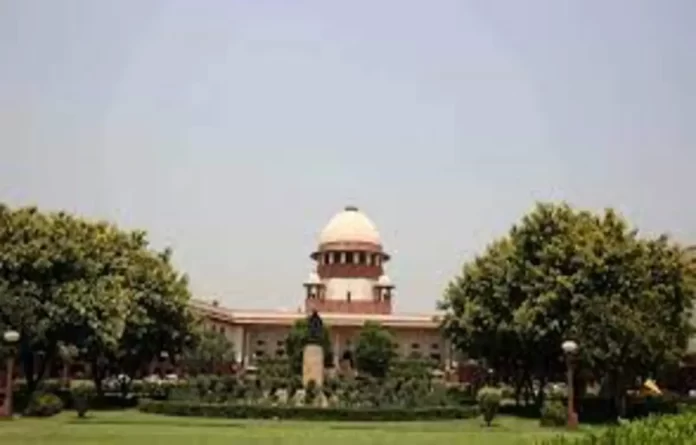The Supreme Court recently dismissed the Special Leave Petition (SLP) lodged by the State of Kerala against a 2019 judgment of the Kerala High Court which ordered the state to grant Rs 1 lakh compensation to a man who was illegally detained by the police on suspicion of being a Maoist.
A bench of Justice Sudhanshu Dhulia and Justice PB Varale dismissed the state petition by observing that they see absolutely no reason to interfere in the impugned order passed by the High Court, in exercise of their jurisdiction under Article 136 of the Constitution of India. Nonetheless, the Court has left the question of law open.
The incident relates to the case that took place in 2014, when a man named Shyam Balakrishnan, an author and researcher residing in Wayanad district, was detained by the police on suspicion of being a Maoist. Reportedly, on May 20, 2014, while he was travelling on his bike, two policemen in plain clothes blocked his way and removed the key of the vehicle.
The policemen took him to the police station, where he was strip searched in view of several others. The police stated that they are hunting for Maoists. Later, officers of Thunder Bolt, a special force of Kerala police to deal with Maoists, searched his home and seized his books and laptop.
Notably, all these coercive steps were taken by the police without following the procedure under the Code of Criminal Procedure and the guidelines for arrest formulated by the Supreme Court in D K Basu case.
Claiming that the illegal arrest, search and seizure caused him agony and tarnished his reputation and violated his personal liberty and right to privacy under Article 21 of the Constitution, Shyam Balakrishnan, who happens to be the son of a retired High Court judge, lodged the writ petition.
Subsequently, on May 22, 2015, a single bench of Justice Muhamed Mustaque allowed the petition mentioning that the Police violated liberty of the petitioner by taking him to custody without satisfying that the petitioner has been involved in any cognizable offence punishable under law. The bench observed that the petitioner police cannot detain a person merely because he is a Maoist, unless Police form a reasonable opinion that his activities are unlawful.
A division bench of the High Court in 2019 affirmed the singe bench’s judgment. The Division Bench of Chief Justice Hrishikesh Roy and Justice A K Jayasankaran Nambiar remarked that they have no hesitation in holding that, in view of the primacy that is accorded under the Constitution to a person’s fundamental right to privacy and personal liberty, the action of police authorities in detaining and interrogating the petitioner and thereafter searching his residence, without following the procedure under the Code of Criminal Procedure was wholly unjustified. The Bench further mentioned that freedom to hold a political ideology was part of Article 21 of the Constitution.
Consecutively, merely on a suspicion that the petitioner has embraced the Maoist ideology, he cannot be persecuted by the State authorities, it held.


